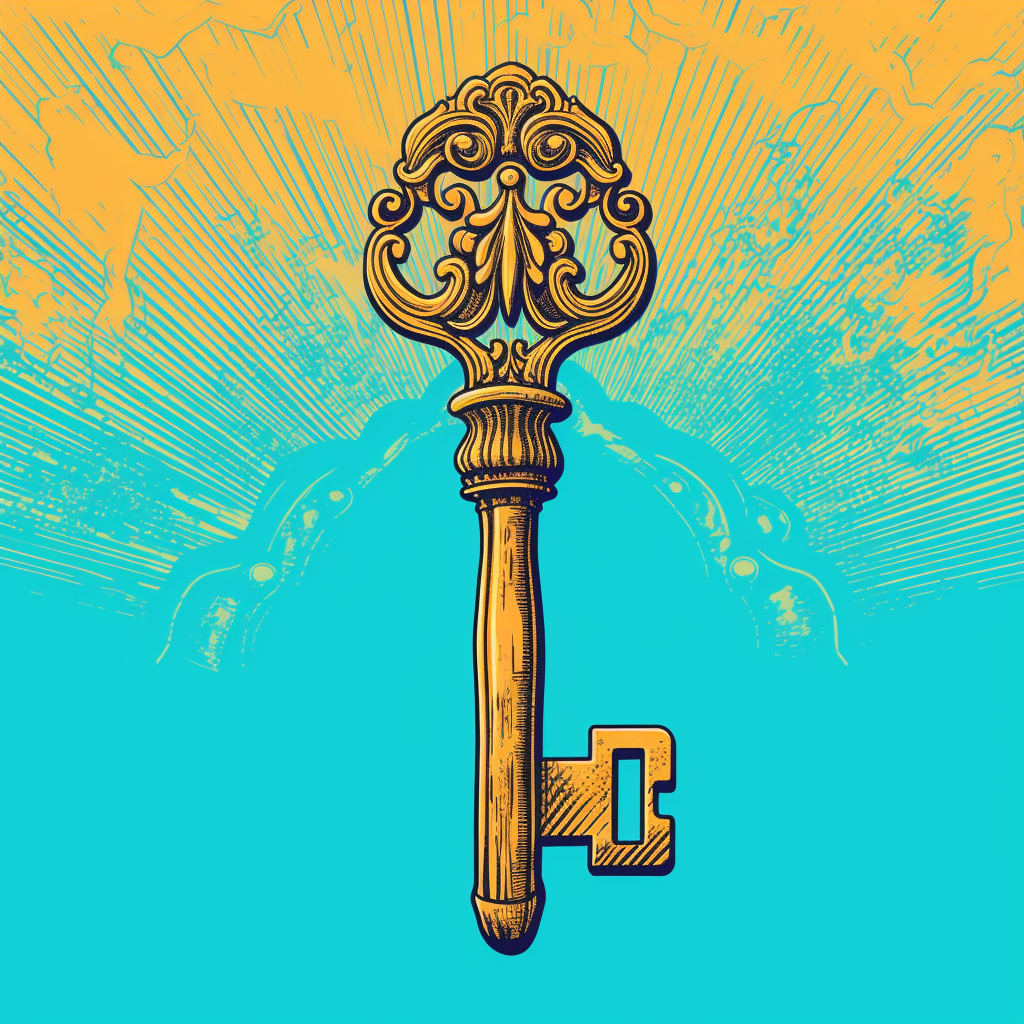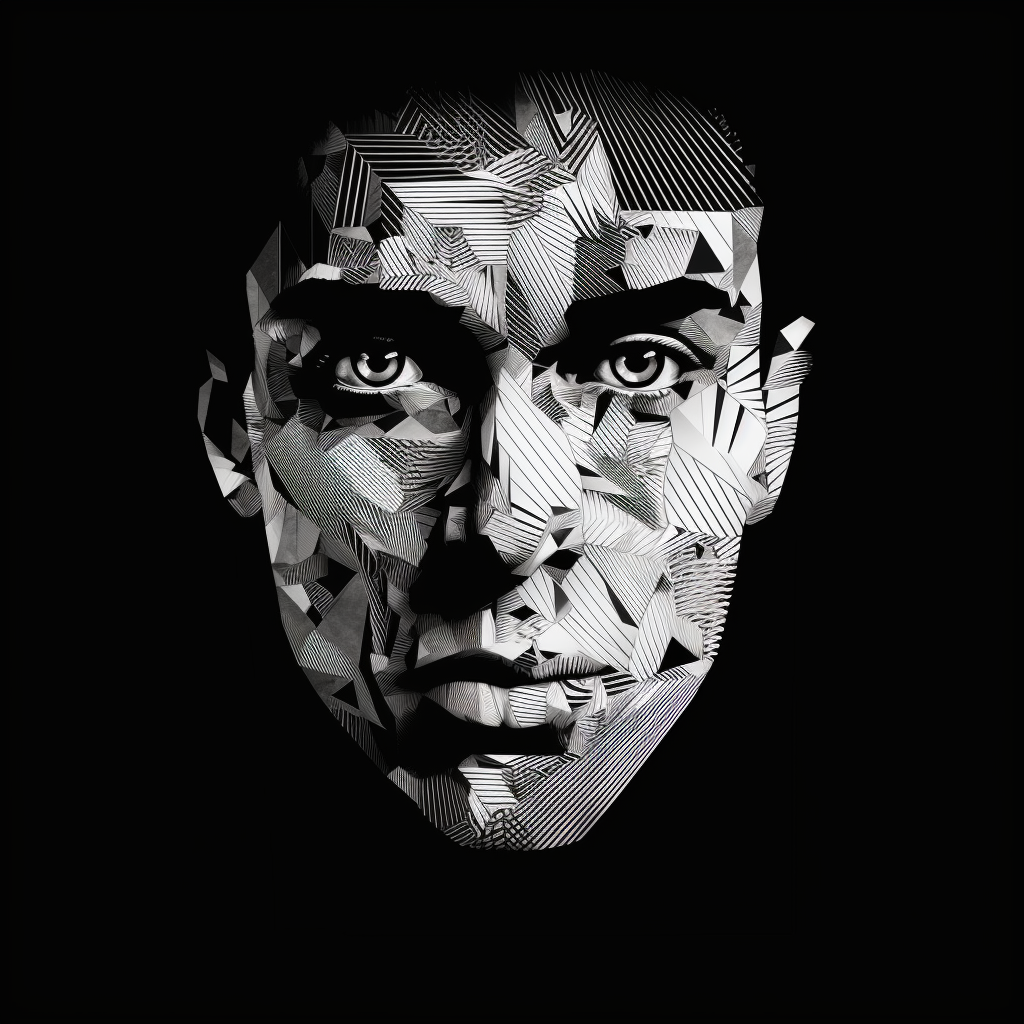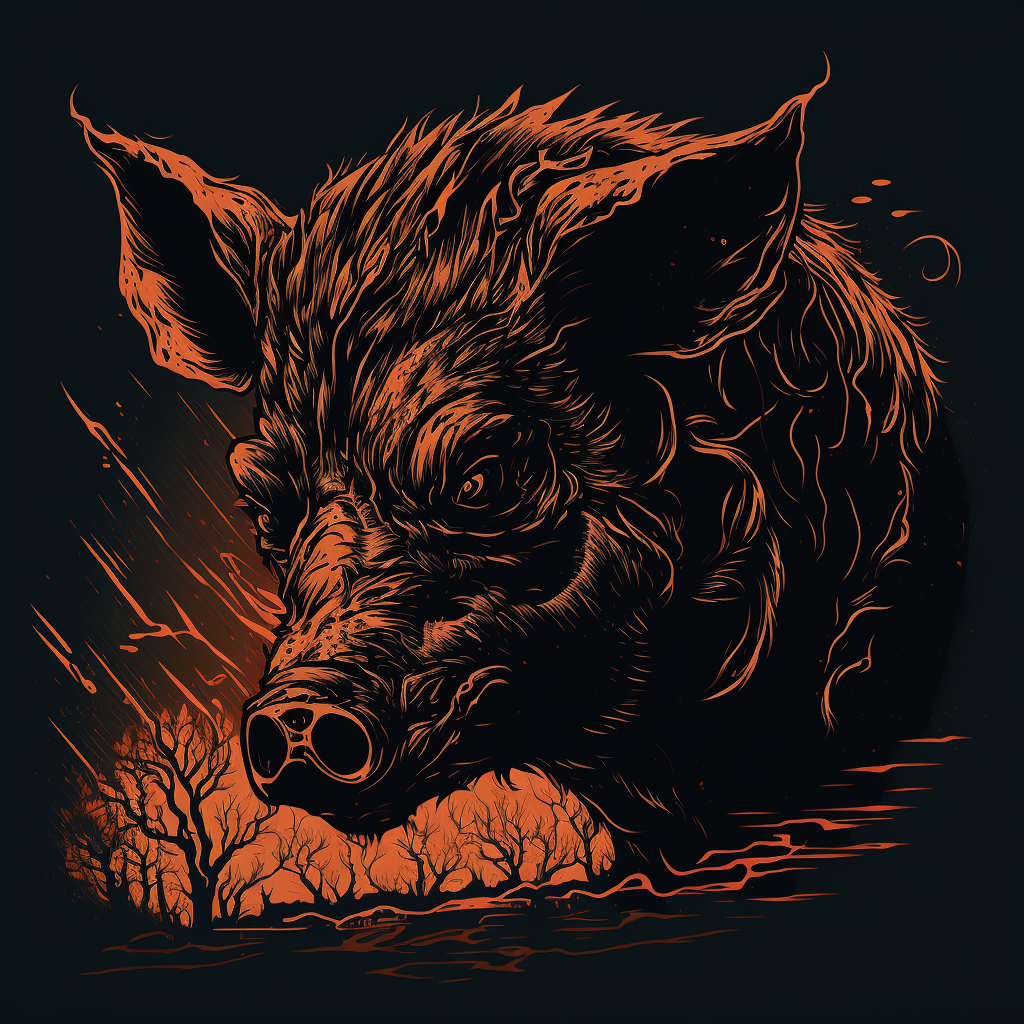Introduction: Why 1984 Still Matters Today
Published in 1949, 1984 remains one of the most powerful and chilling visions of a totalitarian future ever written. George Orwell, deeply influenced by the rise of fascism, Stalinism, and wartime propaganda, imagined a world where truth is manipulated, privacy is nonexistent, and individual freedom is crushed under the weight of an all-powerful state.
This novel isn’t just fiction—it’s a warning. Orwell didn’t just write about the future; he revealed terrifying truths about human nature, power, and the fragility of democracy that are just as relevant today as they were 75 years ago.
Plot Overview: Life Under Big Brother
The story takes place in Airstrip One (formerly Great Britain), part of a superstate called Oceania, which is ruled by the omnipresent and omnipotent Party, led by the mysterious figurehead Big Brother.
Main Character: Winston Smith
Winston Smith is a low-ranking member of the Party who works at the Ministry of Truth, where his job is to alter historical records to fit the Party’s ever-changing narrative. Though outwardly obedient, Winston is deeply disillusioned and begins to secretly rebel against the regime.
His journey takes him from internal resistance to forbidden love and, ultimately, to the terrifying depths of the Party’s power to control not just behavior, but thought itself.
Themes and Ideas: A Deep Dive
1. Totalitarianism and Absolute Power
At its core, 1984 is a chilling exploration of what happens when a government gains absolute control over every aspect of life:
- Surveillance
- Information
- Language
- Thought
The Party doesn’t just want obedience—it demands loyalty, even love. Through mechanisms like the Thought Police, telescreens, and Newspeak, the regime crushes any possibility of dissent.
Key Quote: “If you want a picture of the future, imagine a boot stamping on a human face—forever.”
2. The Destruction of Truth
One of the most disturbing elements of Orwell’s world is how the Party rewrites history to suit its needs. “Truth” is whatever the Party says it is.
- Oceania has always been at war with Eastasia… until it hasn’t.
- Big Brother is always right… even when he’s wrong.
Winston’s work at the Ministry of Truth is a terrifying metaphor for state propaganda and historical revisionism.
Key Concept: “Who controls the past controls the future; who controls the present controls the past.”
3. Language as a Tool of Control: Newspeak
The Party’s invented language, Newspeak, is designed to eliminate rebellious thoughts. By reducing vocabulary and simplifying grammar, Newspeak removes the words people would need to even think of rebellion.
- Freedom? Doesn’t exist in Newspeak.
- Equality? Not a concept.
This anticipates real-world efforts to manipulate thought by controlling language, a concept Orwell believed was essential to tyranny.
Key Quote: “The Revolution will be complete when the language is perfect.”
4. Surveillance and the End of Privacy
In 1984, citizens are constantly monitored by telescreens, hidden microphones, and informants. Even facial expressions and unconscious reactions can betray you.
Winston and Julia attempt to carve out a small space of privacy, but it is inevitably invaded and destroyed.
Key Symbol: The slogan “Big Brother is watching you” represents the invasive omnipresence of the state.
5. Love and Human Connection in a Broken World
Winston’s love affair with Julia, a fellow Party member, represents a desperate attempt to reclaim his humanity and individuality. Their passion is radical because it defies the Party’s belief that all love must be reserved for Big Brother.
But even this private rebellion cannot survive in Oceania.
Love, trust, and intimacy are threats to totalitarian power.
6. Psychological Control and Doublethink
Perhaps the most terrifying innovation of the Party is “doublethink”—the ability to hold two contradictory beliefs at once and accept both as true.
Examples:
- “War is peace.”
- “Freedom is slavery.”
- “Ignorance is strength.”
Doublethink is not just propaganda—it’s internalized thought control. Winston’s ultimate defeat lies in his being forced to not only obey but believe in the Party’s lies.
Key Moments in the Book
- Winston’s Diary: His first act of rebellion, where he writes “Down with Big Brother.”
- The Affair with Julia: A symbol of hope and resistance.
- Room 101: The most feared place in the Ministry of Love, where you are confronted with your worst nightmare.
- The Betrayal: Both Winston and Julia betray each other under torture.
- Winston’s Final Transformation: After brutal reprogramming, he learns to love Big Brother.
Symbols and Motifs
- Big Brother: The personification of the Party’s power.
- The Telescreen: Represents total surveillance.
- Room 101: Symbolizes the ultimate control over the human spirit.
- The Paperweight: A fragile symbol of the past and the beauty of an unaltered world, eventually shattered.
Conclusion: The Power of Orwell’s Warning
1984 is not just a dystopian novel—it’s a manual for recognizing and resisting authoritarianism. In a world where misinformation, surveillance, and political polarization are on the rise, Orwell’s insights feel eerily prophetic.
This book reminds us that freedom begins with the right to think, to speak, and to remember. If we lose that, we lose everything.
Final Thoughts and Legacy
- Impact: 1984 coined terms like Orwellian, doublethink, and Big Brother, which are still used to critique authoritarianism today.
- Relevance: In an age of AI, mass surveillance, deepfakes, and misinformation, the novel’s message is more urgent than ever.
- Takeaway: 1984 is a chilling reminder that democracy, truth, and personal freedom must be actively defended—or they will be lost.
Top Quotes from 1984
“Freedom is the freedom to say that two plus two make four. If that is granted, all else follows.”
“Power is in tearing human minds to pieces and putting them together again in new shapes of your own choosing.”
“Until they become conscious, they will never rebel, and until after they have rebelled, they cannot become conscious.”




